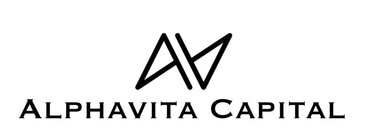|
According to the World Health Organization (WHO)'s 2014 World Cancer Report, the number of cancer cases in Asia is anticipated to increase by a staggering 75% over the next two decades. We attended The Economist's Healthcare Forum: War On Cancer and engaged with leaders from the government, academia and healthcare industry in a deep discussion on improving access to cancer diagnosis and treatment via effective policy making, financing and patient-centric care.
Key takeaways: ✦ Who pays? Cancer continues to remain a heavy financial burden, especially to patients in the low to middle income Asian countries. Continued cooperation between insurance companies, pharmaceutical companies, hospitals and care systems, diagnostic companies, patients, non profit organisations and government and policy makers are required to develop patient-centric, affordable care. ✦ Holistic care: Often we focus on drugs and treatment. However, more effort is needed to shift patient awareness to prevention and early detection - after all, the WHO estimates that roughly one third of cancers are preventable and another third treatable if diagnosed early on. Overcoming the stigma of "end-of-life" care and incorporating palliative care earlier into the treatment process is slowly becoming the norm. ✦ Continuing improvements to access and delivery to care: Policy, financing and capacity building were high on national agendas for cancer care across the ASEAN region. Advances in data and technology in diagnosis, treatment continue to aid in improving the quality to cost value proposition for cancer care.
0 Comments
We are excited to launch Alphavita Capital - we have a number of projects and collaborations under wraps, watch this space for more news!
In the meantime, please get in touch should you require more information or want to collaborate with us - you can use our contact form or email us directly at [email protected]. |
ArchivesCategories |

 RSS Feed
RSS Feed